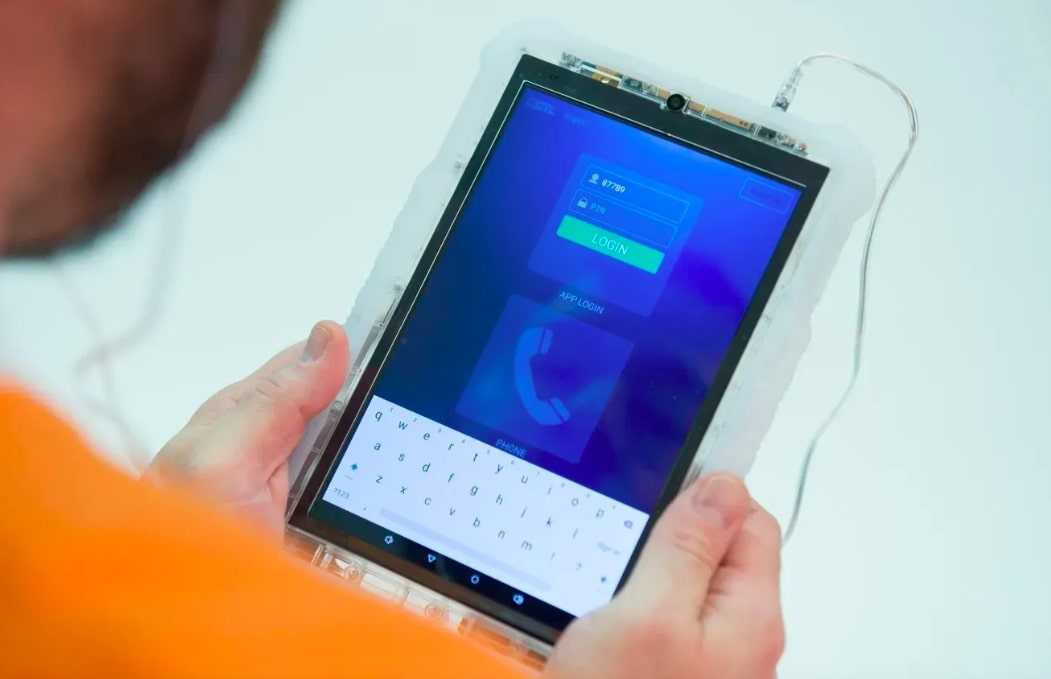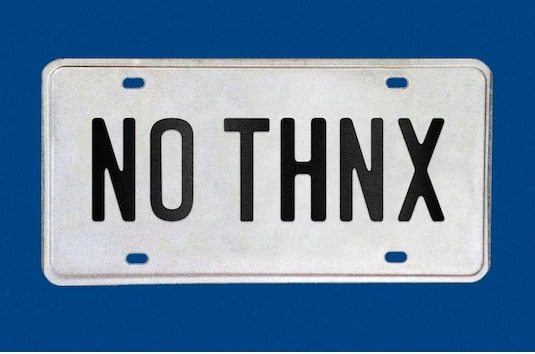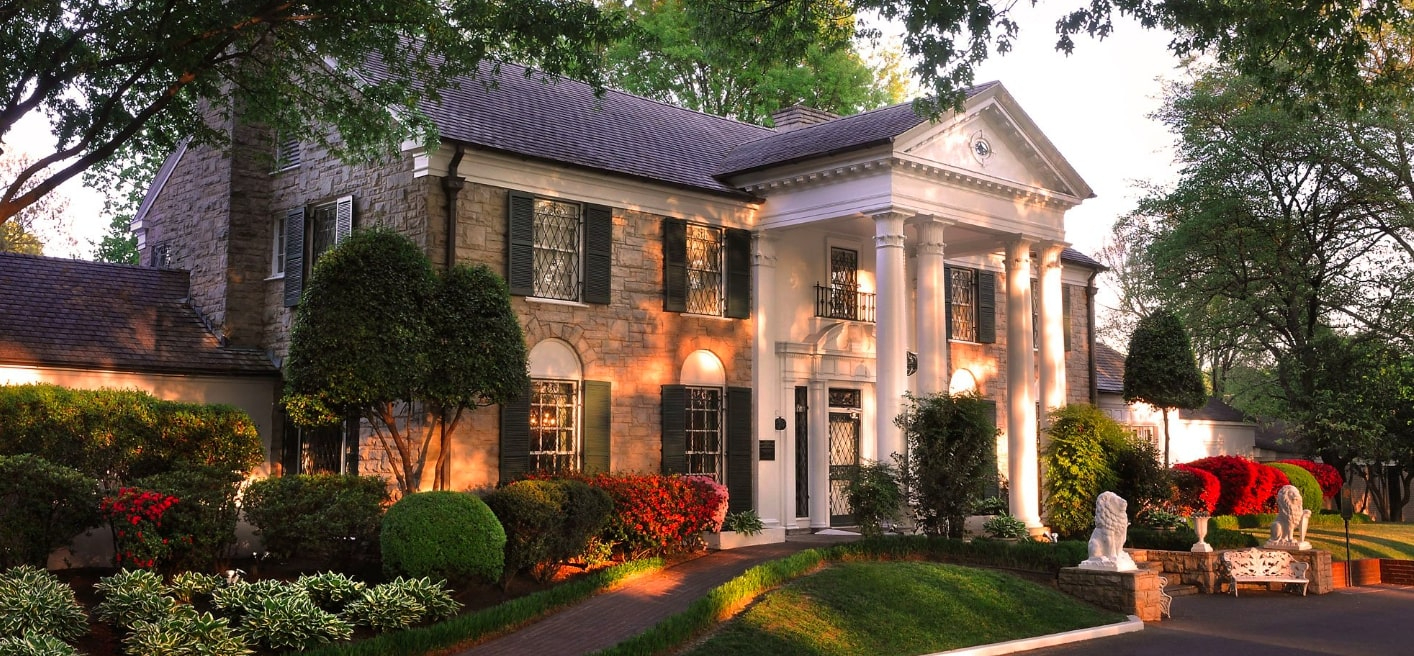Heading to jail soon? You’ll probably get a tablet

Image: GTL
In July, the FCC voted to slash the rates and fees companies can charge for prison or jail phone calls and impose price caps on previously unregulated video calls.
The impact: A 15-minute phone call that previously cost $11+ will now be capped at $0.90 – a move that’s estimated to save the incarcerated, their families, and legal teams $386 million. The FCC’s new rules also prevent correctional facilities from taking a slice of the revenue from calls; this revenue stream generated $446 million for facilities in 2022.
In response, many correctional facilities are turning into Oprah and doling out tablets to inmates (“you get a tablet, you get a tablet!”). Prison officials say the FCC price caps won't cover the costs of security services and call surveillance, leading many correctional facilities to implement a tablet system to bring in more revenue.
How it works:
- Facilities hold bidding processes to select their tablet provider. The provider gives the tablets to prisoners for free, but charges individually for premium features such as e-messaging, music, e-books, and movies – usually paid for by family members.
- And similar to airport shops, these providers charge prices significantly higher than what could be found outside of confinement. Prison facilities typically take a 10%-50% cut of certain tablet services as part of a rev-share agreement.
💰 Zoom out: The US government spends $80.7 billion each year operating public prisons and jails, with an additional $3.9 billion allocated to pay private companies to operate private prisons.
Share this!
Recent U.S. stories
U.S.
| August 28, 2024The National Park Service received its largest-ever donation
🏞️ The National Park Service received a $100M donation from an endowment created by pharma giant Eli Lilly, marking the largest donation since the Park Service was founded in 1967.

U.S.
| August 22, 2024Why Gen Z isn’t very interested in driving
🚘 Driving a car has long stood as a key symbol of independence for younger Americans – but to many members of Gen Z, the idea is now more hassle than it’s worth.

U.S.
| August 20, 2024The DOJ filed charges over a foiled plot to steal Elvis’ Graceland
🏡🚨 A Missouri woman was arrested on federal charges accusing her of trying to steal Elvis Presley’s Graceland estate and swindle Presley’s family out of millions of dollars.
You've made it this far...
Let's make our relationship official, no 💍 or elaborate proposal required. Learn and stay entertained, for free.👇
All of our news is 100% free and you can unsubscribe anytime; the quiz takes ~10 seconds to complete